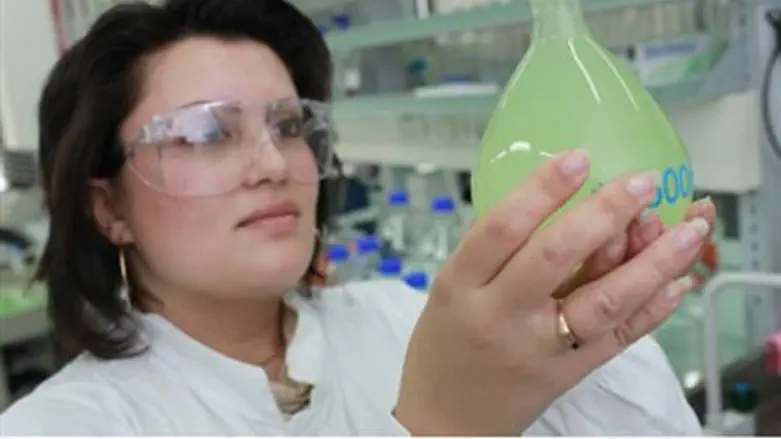
Researchers at Tel Aviv University are developing a new family of medicines that could provide preventive treatment for cancer, or turn existing cancer into a chronic disease that one can live with for years.
Details of the study, which was conducted in the laboratory of Dr. Ronit Satchi-Fainaro of the Physiology and Pharmacology Department in the Sackler School of Medicine, will be published in the September 2010 issue of FASEB Journal – the Journal of the Federation of American Societies for Experimental Biology.
The study is based on the idea that doctors can prevent a cancerous tumor from growing bigger by damaging the process of angiogenesis – the formation of new blood vessels that provide the tumor with oxygen and nutrients.
The researchers tested the efficacy of innovative polymeric carriers designed to deliver medicines directly to the cancer cells. In this way, the medicines do not harm healthy tissue and the amount of medicine required is significantly reduced, as are its side effects.
The carriers were developed by Dr. Ronit Satchi-Fainaro, Dr. Paula Ofek and colleagues at Berlin University. They were connected to a siRNA-type gene-suppressant and injected into laboratory mice with cancerous tumors. The results were very encouraging: the carriers took the siRNA directly to the cancer cells, and the compound passed through the cell walls and silenced the target genes, without causing the poisoning symptoms that usually accompany cancer treatments.
The researchers now hope to do the same thing with siRNA that can silence a gene that plays a key role in angiogenesis.
Dr. Satchi-Fainaro said that this kind of treatment could revolutionize cancer therapy. People who are not sick but are at high risk of developing cancer – like former cancer patients or carriers of certain genetic mutations – will be able to receive preventive treatment. In people who have cancer, the medicines will keep the tumor in a state of “hibernation” and turn the cancer into a chronic disease that can be managed for many years, while maintaining a high quality of life.